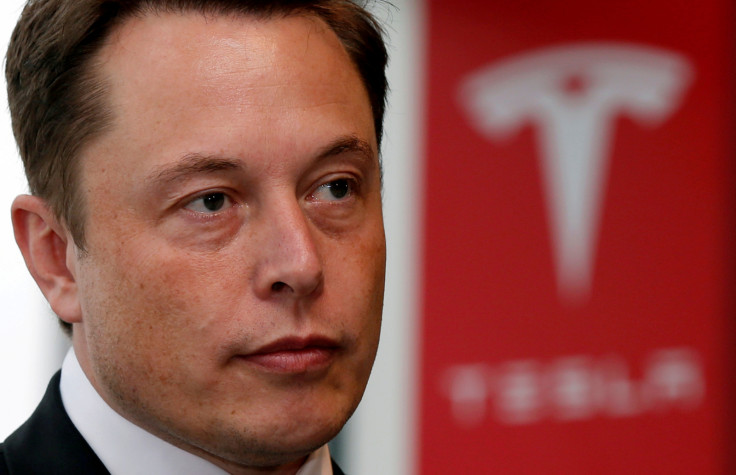Elon Musk's proposed Neuralink to treat brain diseases might go beyond original purpose
The process will share some similarities to LASIK, wherein a tiny hole in the skull will be made via a medical-grade laser.
Among the most notable creations Elon Musk is known for, Neuralink is not exactly on anyone's radar. However, he recently shared more information about this particular venture and what it will deliver in the coming years. In fact, his new project is currently looking to recruit qualified individuals to aid in its development. In an exchange with a user on Twitter, it was purportedly confirmed that the technology would allow users to directly stream music to their brain.
Neuralink was established in 2016, but yet it took several years before the Tesla CEO made a public presentation about what it can do. In 2019, it was described during the livestream that the device will require tiny flexible threads of electrodes to be implanted directly to the brain. This will allow the system to interface directly via wireless signals from neurons, which are then sent to an external receiver.
Elon Musk's recent tweet read: "If you've solved hard problems with phones / wearables (sealing, signal processing, inductive charging, power mgmt, etc), please consider working at engineering@neuralink.com." He then followed up with another that noted: "Solving high-volume, high-reliability, low-cost production problems is especially valued."
The process will share some similarities to LASIK, wherein a tiny hole in the skull will be made via a medical-grade laser. Ultimately, Neuralink is designed to treat brain disorders such as dementia, Parkinson's, and Alzheimer's. Likewise it will also become the first attempt of symbiosis between artificial intelligence and humans.
Several Twitter users directed their question at Musk that were related to the capabilities of the technology to address other mental health issues. Theoretically, it seems that Neuralink could be used to trigger the release of neurochemicals like serotonin, oxytocin, and others. This would make it a versatile form of treatment for anxiety, depression, and more.

It should be noted that all the Neuralink claims made so far are yet to be proven in lab-controlled studies. Hence, it should be taken with a pinch of salt until the medical procedure in question has been peer-reviewed with an abstract published in renowned scientific journals. Nevertheless, Musk hinted that trials might start later this year with a status update slated for Aug. 28.
© Copyright IBTimes 2025. All rights reserved.





















